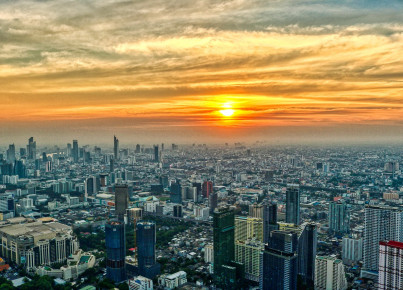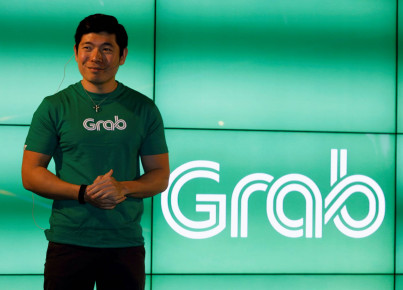In the current global context, the future of the Singapore model will depend on its ability to harness new technology and its own capacity for change
The extraordinary transformation of Singapore from small trading post of the British Empire into vibrant centre of the nascent global economy is a source of pride for Singaporeans and a matter of interest for the rest of the world. At the time of its expulsion from the Federation of Malaysia in 1965, the ‘City of the Lion’ was a small island at the far end of the Malay peninsula, without natural resources, leave aside its strategic geographical position and the still unexplored potential of a young and diverse population (mostly made up of Chinese migrants). Yet, in the two decades immediately after independence, the Singaporean economy grew every year at an average rate of 8.5% and the fledgling city-state went from third world to first in just one generation.
Several experts and scholars have tried to identify the secret of Singapore's success: geographic location or demographic structure; cultural identity or political regime; all very important factors but perhaps not the decisive ones. "The simple answer - according to former Singaporean diplomat Kishore Mahbubani - is extraordinary leadership." A ruling class educated in the best universities in the United Kingdom and returned to Singapore with the ambition of putting traditional British pragmatism at the service of the nascent national sentiment. Lee Kuan Yew himself, founding father and Prime Minister of Singapore, the man who ruled the city-state directly and indirectly for over 50 years, argued that the success of the Singapore model stemmed from its ability to respond effectively to new situations.
Indeed, Singapore's grandiose development might not have been possible if its leaders had not been driven by an abiding faith in technological innovation and a firm belief that economic success also depends on the ability to innovate and renew oneself. It is also due to this 'faith' that a city-state known all over the world as a commercial and financial hub never wanted to renounce to its manufacturing sector. Manufacturing, a major growth engine in the 1960s, has undergone a major technological transformation and it represents today a high added value sector worth around 20% of GDP. Meg Whitman, CEO of Hewlett Packard Enterprise, one of many big companies which have decided to bet on Singapore, has dubbed the city-state a miniature Silicon Valley. Very recent news seem to confirm this view: forced out from the Great America of Donald Trump, Chinese tech companies ByteDance and Tencent have decided to throw in their lot with Singapore and invest several billion dollars in the ‘Little Red Dot’.
For many years now Singapore has ranked in the top spots of the Global Competitiveness Index and the Ease of Doing Business Index, just to name two of countless global indicators celebrating the city-state as one of the best places in the world for doing business. The result is partly ascribable to its advanced financial and judicial system, but cutting-edge physical and digital infrastructures also play a role. It is precisely on the latter that the government wants to focus to overcome the Covid-19 crisis, which is dragging the city-state into the worst economic recession since 1965. Singapore, in the words of Prime Minister Lee Hsien Loong, must prepare for "a very different future," one which, according to a senior official, will be made of "bits and bytes, submarine cables and data", not just cargo and containers.
The cabinet had been working on it for some time: Covid-19 made it necessary to accelerate. In fact, already a year ago, the Enterprise Development Board, the government agency that guides the country's industrial development, presented to potential foreign investors some of the early achievements: the highest concentration of submarine cables in the world, the fastest broadband connection and a mobile penetration rate of 159%. The Digital Readiness Index 2019, an indicator developed by Cisco to identify the countries which are best prepared to accept the challenges of digitization, placed Singapore in the first place. Thanks to the growing tension between the United States and China and the exasperation of the situation in Hong Kong, even large multinationals of the likes of Amazon and Alibaba could not resist the call.
Five years ago, Kishore Mahbubani, in a book with a very suggestive title, "Can Singapore Survive?", singled out three major perils that the city-state would have to face in the years to come: a challenge from populist politics, the geopolitical clash between the United States and China , and a 'Black Swan', an extremely rare and hardy predictable event that would have put the Singapore model into question. The prophecy may have come true in 2020, at least with regards to its international dimension. After an initial moment of loss, Singapore seems coming to his senses: a city-state connected to the world, albeit through new digital ways, without giving up on the ambition to be everyone's friend and nobody's enemy. The faith in innovation which made possible Singapore’s astounding growth could now allow its survival.
By Francesco Brusaporco






